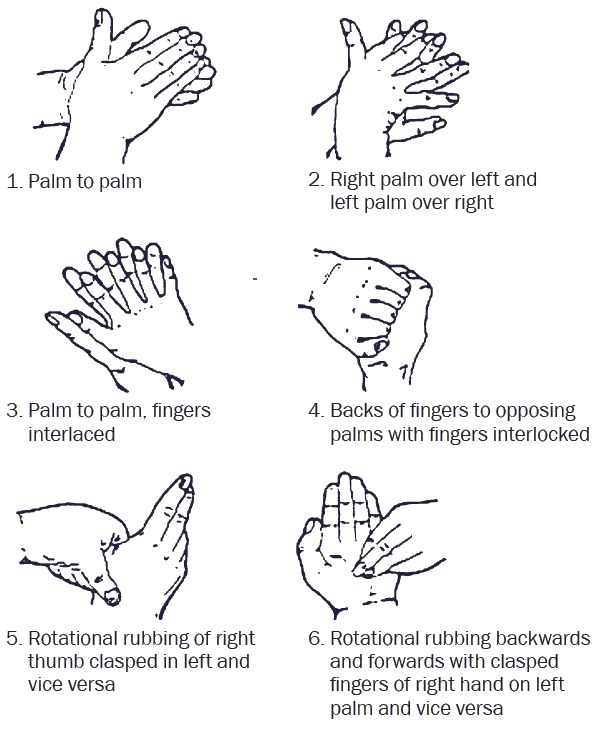Gastroenteritis
Gastroenteritis is an infection of the intestines that can lead to dehydration. It is very common and you may feel unwell but most cases are mild and get better with simple treatment.
What are the symptoms of gastroenteritis?
Gastroenteritis causes diarrhoea for up to a few days but you may also develop:
- Vomiting
- Abdominal cramps
- Fever and “flu-like” symptoms
- Blood in the stool occasionally
What are the causes of gastroenteritis?
Most cases are viral though sometimes bacteria are the cause.
Problems with gastroenteritis
You may become dehydrated when you cannot drink enough to compensate for the fluid you are losing because of vomiting and diarrhoea. This may affect your kidneys. The signs of dehydration can be:
- Tiredness or lethargy
- Dizziness or light-headedness
- Dry mouth and tongue
- Passing less urine than usual
Dehydration is more common in:
- Elderly or frail people
- Pregnant women
How to treat gastroenteritis
Most cases of gastroenteritis will improve over a few days. Treatment mainly consists of the following supportive measures.
Fluids and adequate hydration
- You need to drink additional fluids (approximately 200mls after each motion) when you are unwell in addition to your normal daily amount (about 2 litres/day in adults)
- If you vomit after drinking you need to wait five minutes and try again with small regular sips every few minutes to ensure you keep hydrated
- Ideally drink water or oral rehydration solutions such as Diarolyte®
- Probiotics drinks (containing “good bacteria”) used alongside rehydration may improve symptoms
Food
- You should eat as soon as possible but be guided by your appetite and do not stop drinking fluids—avoid fatty, spicy and dairy-containing foods to start with
Medication
- Paracetamol or ibuprofen may help fever
- Anti-diarrhoeal medication is not normally necessary and you should discuss this with your pharmacist or doctor before taking it
- Antibiotics are not needed for viral gastroenteritis and may make things worse.—they may be needed for certain cases of bacterial gastroenteritis if it is diagnosed or suspected by your doctor
What tests do you need?
Due to the nature of the condition, investigations are rarely needed. You may need to give a stool sample to look for the cause if you have:
- Non-resolving diarrhoea
- Bloody diarrhoea
- Recent foreign travel
- Recent antibiotics or hospitalisation
- You are immunocompromised
When should you seek medical advice?
Most people will get better without any medical help. The diarrhoea may last a few days even after you feel better and this is normal. Seek medical advice if:
- You are unable to tolerate oral fluids and are at risk of severe dehydration
- You have signs of severe dehydration (weakness, minimal urine output, fast heart rate or feel very unwell)
- You have blood in your stool or vomit
- You have severe abdominal pain or pain in one specific part of your abdomen
- Your symptoms are not getting better or resolving
- You have had any recent foreign travel
- You have had any recent antibiotics
- You have been admitted to hospital recently
- You have underlying medical problems (like diabetes, inflammatory bowel disease, kidney disease etc) and are concerned.
- You have a weakened immune system due to HIV, chemotherapy or immunosuppressant medication.
- You are pregnant
How to prevent spreading gastroenteritis
Gastroenteritis can spread very easily from person to person. If you have gastroenteritis ensure you:
- Wash your hands properly and regularly with soap and water
- Do not prepare or serve foods to other people
- Do not share towels with other people
- Stay off work or away from school or college for at least 48 hours after the last episode of diarrhoea or vomiting
Simple handwashing regularly and properly can prevent you getting gastroenteritis.
Effective handwashing


